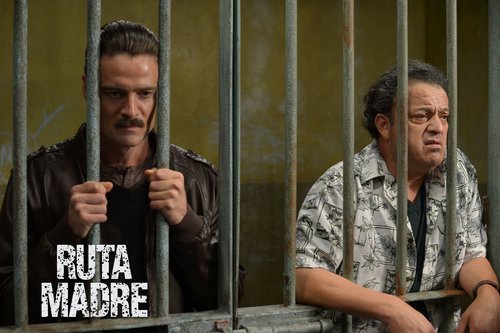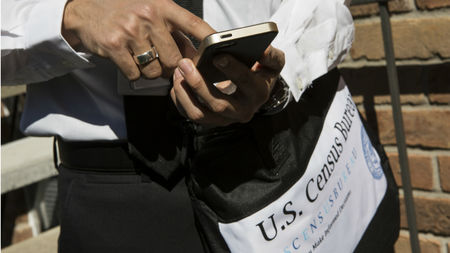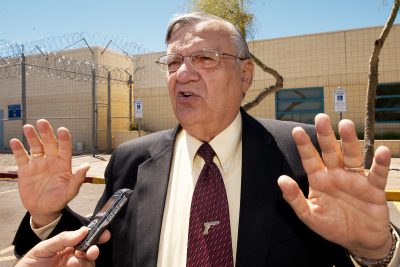Shipment may arrive Wednesday although US has not accepted the offer
by the El Reportero’s wire services
Mexican aid for victims of Hurricane Harvey will arrive in Texas this week although the United States government has not made an official announcement to accept it.
Mexican authorities said assistance could reach the Lone Star State as early as Wednesday after the first shipment travels by land through Nuevo Laredo on the Tamaulipas-Texas border.
“This morning we gave the green light to start concentrating the goods that will be sent to the United States,” undersecretary for North American relations Carlos Manuel Sada told CNN.
Texas Governor Greg Abbott stated publicly that he welcomes Mexico’s help and is working to coordinate the efforts.
Twenty-five trailers filled with basic goods including rice, beans, coffee and chocolate as well as 300 beds, nine electrical generators, water treatment equipment, three mobile kitchens and radio and satellite equipment are being prepared to be sent along with more personnel.
Mexican Red Cross volunteers and firefighters were deployed to the state in the aftermath of the disaster.
“We are very pleased to be able to support our brothers in need on the other side of the border,” Sada said.
The federal government first offered the aid to the U.S. in a statement August 27 that also addressed President Donald Trump’s tweets from the same day about Mexico in relation to NAFTA renegotiations and who will pay for his border wall.
U.S. Secretary of State Rex Tillerson thanked his Mexican counterpart, Luis Videgaray, for the offer but he did not publicly accept it.
Mexico’s Foreign Affairs Secretariat said Mexico offered the aid “as good neighbors should always do in difficult times.”
Sada said “if it were the other way around I think they would help us, too.”
However, government officials told CNN that the U.S. government had not made any offer of assistance as the cleanup begins of the trail of destruction left by tropical storm Lidia in Baja California Sur. Lidia caused widespread damage and was responsible for at least seven deaths.
It’s not the first time that Mexico has sent aid and assistance to its northern neighbor after a natural disaster.
Mexican armed forces contributed to recovery efforts in the aftermath of Hurricane Katrina that devastated New Orleans, Louisiana, in August 2005. That deployment was the first time Mexican troops had set foot in the U.S. on active duty since the Mexican-American war in 1846.
Hurricane Irma forces evacuation of 5,247 in Dominican Republic
The number of people evacuated in the Dominican Republic by Hurricane Irma is increasing to 5,247, when the rains and winds associated with the phenomenon continue, said the Emergency Operations Center (COE).
Of that number of affected, 2,721 are in official shelters and 2,526 in homes of relatives and friends, according to the relief authorities.
The last report of that entity pointed out that 12 localities in San Pedro de Macorís, El Seibo and La Altagracia, were cut off by the flooding of rivers or sea penetrations, especially in the north of the nation and 1,106 houses were affected so far.
They maintain the red alert (maximum) in 17 provinces, 12 in yellow (intermediate) and three in green (information phase).
The director of the COE, Juan Manuel Méndez, called on the population not to prepare and said that the worst has not happened yet, referring to the rains that will leave the hurricane that can exceed 200 millimeters.
The US National Hurricane Center said Hurricane Irma was the most powerful hurricane ever recorded in the Atlantic Ocean, just north of the Caribbean Sea and east of the Gulf of Mexico.









